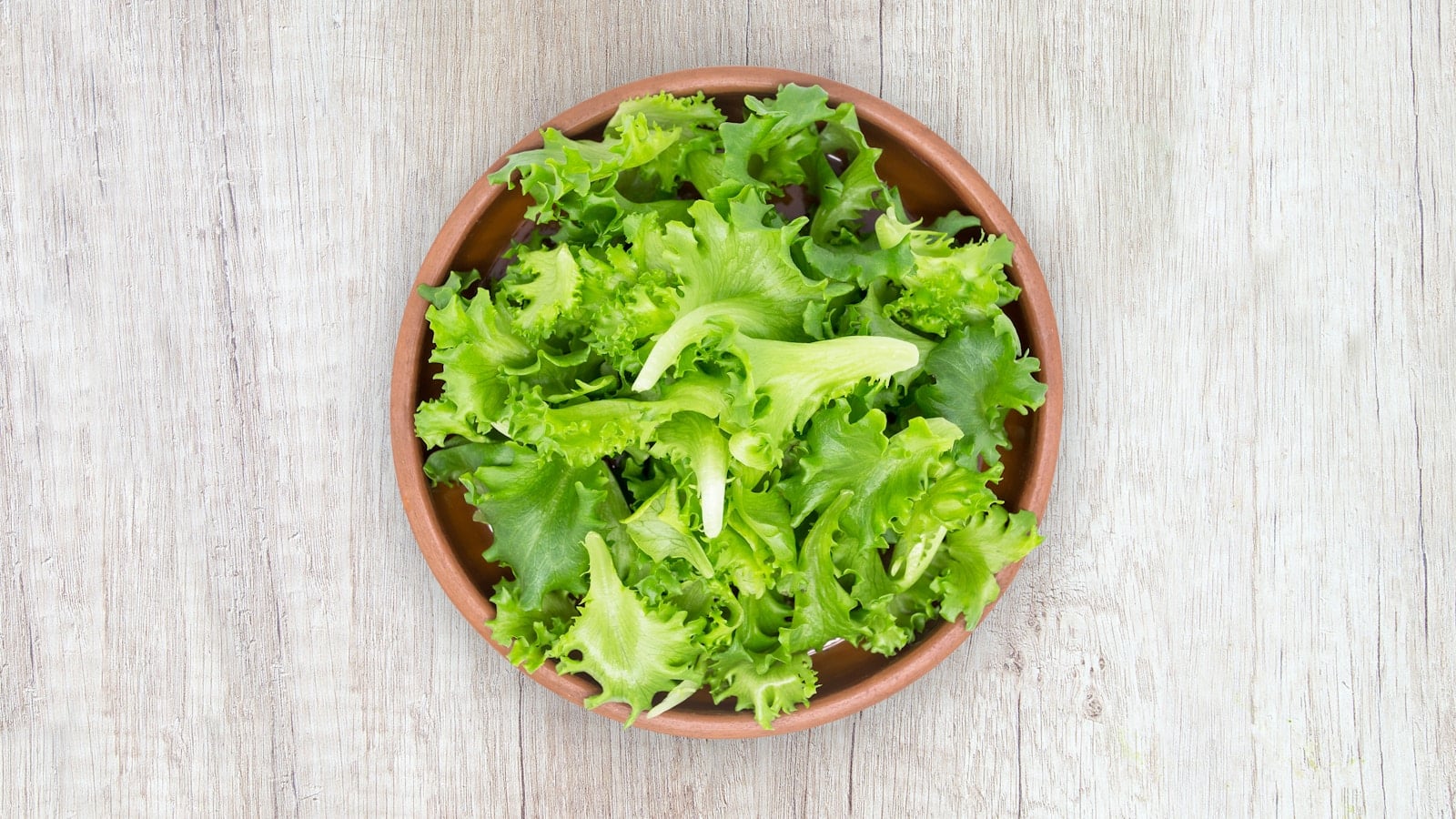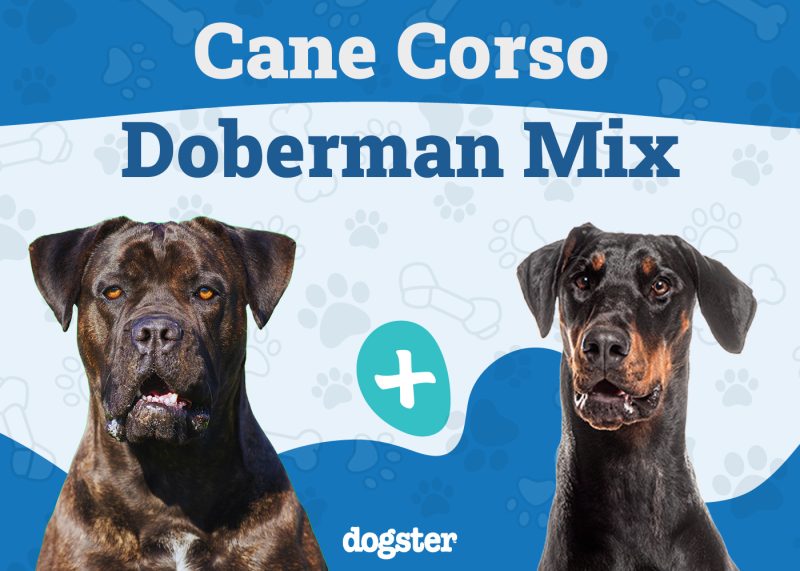In this article
Dogs are considered omnivores, or facultative carnivores, meaning they can digest and utilize both animal and plant-based foods in their diet. However, did you know dogs can be fed a vegetarian diet and thrive? Dogs do not need meat in their diet, as long as their diet is otherwise balanced and nutritionally complete.
This article will discuss whether dogs can be vegetarian, different types of vegetarian diets, and the potential benefits it may have for both canines and the environment.

Feeding Dogs a Vegetarian Diet
Here’s what you should know before feeding dogs a vegetarian diet.
Note: You should always consult with a veterinarian or certified canine nutritionist to determine if a vegetarian diet is the right choice for your canine.
If you need to speak with a vet but can't get to one, head over to PangoVet. It's our online service where you can talk to a vet online and get the personalized advice you need for your pet — all at an affordable price!

Is It Safe?
Dogs belong to the order Carnivora and have carnivorous ancestors, so it would make sense to question if a vegetarian diet is safe for them. Well, dogs have the physiology to digest both plant and animal-based foods, which is an ideal diet for them. It is believed that dogs have evolved and adapted to consume an omnivorous diet, with larger amounts of plant-based ingredients, because of their domestication.
Vegetarian diets often include eggs and dairy products in place of meat. These are highly digestible sources of protein and contain other essential nutrients like vitamin B12 which is hard to get from plant based foods. Vegan diets exclude all animal derived products as well as meat and although dogs can be fed a vegan diet, it is harder to formulate nutritionally balanced recipes.
The safety of any dog food is determined by its nutritional profile, feeding your dog a vegetarian diet that hasn’t got the right balance of nutrients for their age, health and lifestyle can lead to deficiencies and serious health issues.

Is It Necessary?
A vegetarian diet is not necessary for dogs. It’s usually fed for ethical or religious reasons, but also for dogs with allergies or specific dietary requirements.
Some dogs can thrive on a vegetarian diet, while others might struggle to adjust to a lack of meat in their diet because of certain health and lifestyle factors.1 Although it’s true that most dogs love meat and retrieve essential minerals and amino acids from it, a vegetarian diet has its uses.
Dogs who suffer from allergies or food sensitivities to animal-based proteins may benefit from a vegetarian diet. This would be determined by a veterinarian who will also guide you to the right vegetarian diet to feed your dog.
Furthermore, some owners prefer to feed their dogs a vegetarian diet because of their beliefs, they may be vegetarians themselves or believe that a vegetarian diet has a lower impact on the environment.
Potential Benefits
- May help dogs with certain allergies to animal based proteins.
- May leave a smaller carbon footprint on the environment.
- Reduces exploitation of livestock.
- Fibrous plant-based foods might offer digestive benefits by supporting the gut microbiome.
- Some plants in a vegetarian diet add additional antioxidants because they contain phytonutrients.

Frequently Asked Questions (FAQ)
Will dogs fed a vegetarian diet be nutrient deficient?
Dogs become nutrient deficient if their diet is not balanced and complete. This doesn’t only apply to a vegetarian diet, but also to standard omnivorous or carnivorous diets.
Vegetarian diets can be lacking in various nutrients such as amino acids like taurine, and vitamins like vitamin B12. In order to provide the missing or limited essential nutrients, vegetarian diets need to be supplemented with synthetic sources of them to ensure that the diet is balanced and dogs stay healthy.
Commercially prepared complete dog foods, that meet the Association of American Feed Officials (AAFCO) nutrient profile standards, are carefully formulated to meet the nutritional needs of your canine companion and so are usually the best choice to avoid deficiencies. It’s always advisable to seek advice from your veterinarian before changing your dog’s diet, especially if your dog has any underlying health conditions or is young and growing.
Can I make my dog a homemade vegetarian diet?
It can be risky to feed your dog a homemade vegetarian diet, just as much as it is to feed any type of homemade dog food. Homemade dog foods can easily lack essential nutrients dogs need which would make them imbalanced, and this is especially the case with vegetarian diets. Even if you follow a great recipe online, there is so much room for error when creating your own dog food.
It’s generally best to stick to feeding a vegetarian diet to your dog that is veterinary-recommended and formulated by reputable manufacturers. If you do go the route of feeding a homemade vegetarian diet to your dog, the recipe should be formulated with the guidance of board-certified veterinary nutritionists to make sure it contains the right mix of ingredients and supplements.


Conclusion
Dogs can thrive on a vegetarian diet provided that it is balanced and supplemented to prevent nutritional deficiencies. There are several reasons people may choose to feed their dog a vegetarian diet, such as ethical reasons or allergies.
Although most dogs enjoy eating meat and derive various important nutrients from it, they can usually adjust well to balanced vegetarian diets.
Featured Image Credit: Daria Lixovetckaym, Shutterstock



















